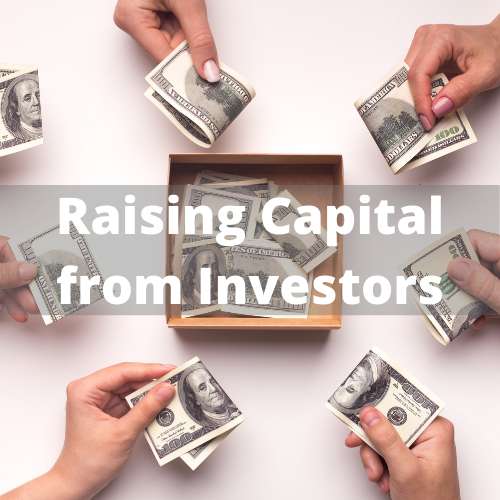Category Archives: Private Offerings
Raising Capital from Investors without Violating SEC Rules
Raising capital from investors and how not to violate SEC rules. Many companies raising capital [...]
28
Dec
Dec
Soliciting: The Friends and Family Investment Round of Funding
Regulation D has multiple exemptions but in a typical 506(b) private placement, by far the [...]
23
Aug
Aug
Soliciting: The Friends and Family Investment Round of Funding
Regulation D has multiple exemptions but in a typical 506(b) private placement, by far the [...]
23
Aug
Aug
Soliciting: The Friends and Family Investment Round of Funding
Regulation D has multiple exemptions but in a typical 506(b) private placement, by far the [...]
23
Aug
Aug
SEC Investor Bulletin: Private Placements under Regulation D
This is from the SEC’s website. Sept. 24, 2014 The SEC’s Office of Investor Education [...]
29
Jun
Jun




